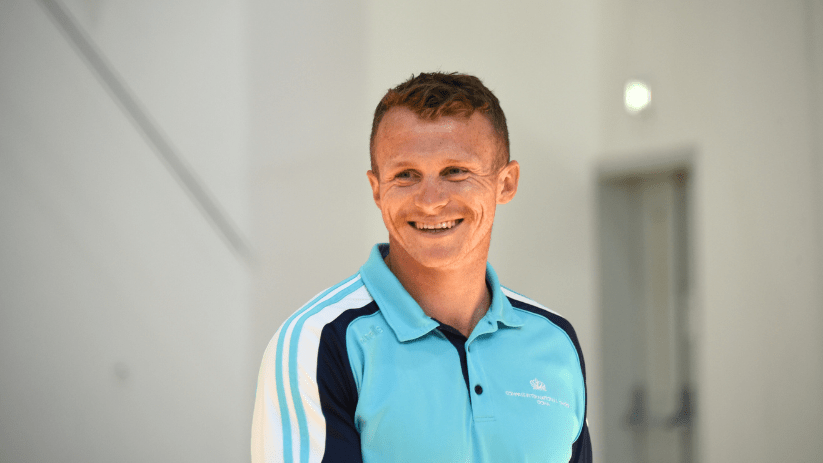In an ever-evolving world where innovation and creativity reign supreme, it's imperative that we nurture the minds of our future leaders and innovators. One transformative approach to education is STEAM (Science, Technology, Engineering, Arts, and Mathematics) education, which integrates these disciplines to create well-rounded and forward-thinking students.
STEAM education is not merely an acronym; it's a philosophy that embodies the integration of multiple disciplines to foster a holistic approach to learning. Rather than treating subjects in isolation, STEAM encourages students to see the interconnectedness of these fields and apply their knowledge to solve real-world problems.
Each year, the prestigious Massachusetts Institute of Technology (MIT) collaborates with Nord Anglia Education to create three unique challenges that transcend the boundaries of traditional education. These challenges embody the essence of STEAM education, and they're designed to inspire students by applying the same "Mens et Manus" ethos that guides MIT faculty and students.
SEAM education thrives on hands-on learning experiences. The challenges developed by MIT and Nord Anglia encourage students to get their hands dirty, both metaphorically and literally. Through these projects, students actively engage with concepts they learn in the classroom, turning theoretical knowledge into practical skills.
Projects are the heart and soul of STEAM education. Students work on projects that require them to think critically, solve problems, and apply their knowledge creatively. These challenges drive students to collaborate, experiment, and persist through trial and error.

In the real world, problems and opportunities don't come neatly packaged as math, science, or art. They are multifaceted and often require a combination of skills from various disciplines. MIT-Nord Anglia challenges bridge these gaps, fostering interdisciplinary thinking and problem-solving abilities, allowing students to build the skills needed to create their future.
Empowering students to take ownership of their education is a fundamental principle of STEAM. The MIT-Nord Anglia challenges are student-driven, allowing learners to choose their projects and delve into areas that genuinely interest them. This autonomy fosters intrinsic motivation and a lifelong love for learning.
Success in STEAM education requires access to resources, tools, and expert guidance. The MIT-Nord Anglia partnership provides students with not only the necessary tools but also access to MIT faculty and researchers. This invaluable support enables students to explore complex concepts and engage with cutting-edge research.
STEAM education, as exemplified by the MIT-Nord Anglia challenges, is a transformative approach to learning that prepares students for the complex challenges of the future. By integrating science, technology, engineering, arts, and mathematics in hands-on, project-based, and interdisciplinary experiences, students are empowered to become well-rounded, innovative, and forward-thinking individuals. This partnership not only inspires students but also sets them on a path toward lifelong learning and success in an ever-changing world.
Nicholas Rowntree
STEAM Lead
Themaid Campus







